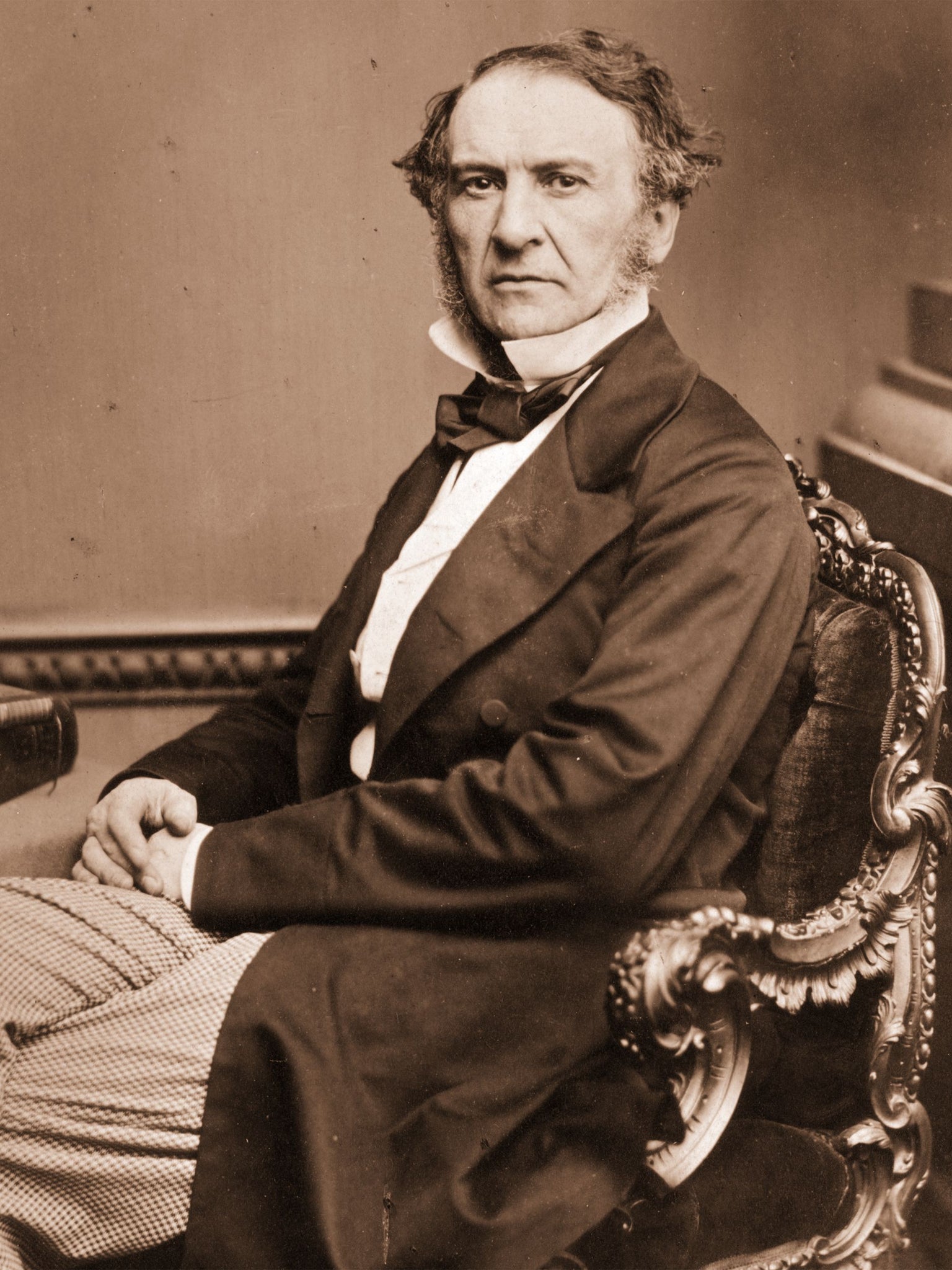Proof that politics hasn’t changed
Name the British PM described below, shortly after he invaded an Arab country under false pretences...


Your support helps us to tell the story
From reproductive rights to climate change to Big Tech, The Independent is on the ground when the story is developing. Whether it's investigating the financials of Elon Musk's pro-Trump PAC or producing our latest documentary, 'The A Word', which shines a light on the American women fighting for reproductive rights, we know how important it is to parse out the facts from the messaging.
At such a critical moment in US history, we need reporters on the ground. Your donation allows us to keep sending journalists to speak to both sides of the story.
The Independent is trusted by Americans across the entire political spectrum. And unlike many other quality news outlets, we choose not to lock Americans out of our reporting and analysis with paywalls. We believe quality journalism should be available to everyone, paid for by those who can afford it.
Your support makes all the difference.A test for readers: name the British Prime Minister described here, shortly after he used a dishonest excuse to invade an Arab country:
“His public life was to a large extent a fraud … The insincerities of debate were ingrained in him … if he had a new distasteful policy to pursue, his first objective was to persuade himself into a belief that it was really congenial to him…”
Another try: this time a cabinet member who resigned in protest at the same invasion, writing of the same PM that he “seems to have the power of convincing himself that what to me seems a glaring wrong is evidently right, and though he regrets that a crowd of men should be killed, he regards it as almost … as if it was one of the incidents of a policy out of which he hopes for a better order of things. He even spoke of our being able to justify our conduct.”
Fraud? Insincerity? Unrepentant? A Prime Minister who justifies his actions in the eyes of God? Nope, you’ve got the wrong guy. These wonderful quotations (flushed out by the good Professor John Newsinger of Bath Spa), are about Gladstone after his 19th-century invasion of Egypt. The first was by Wilfrid Scawen Blunt – the socialist (and pro-Egyptian independence) poet. The second – the Robin Cook figure – was by John Bright, a radical in Gladstone’s cabinet, who also, alas, regarded “the Egyptian incident [sic] rather as a deplorable blunder than as a crime”.